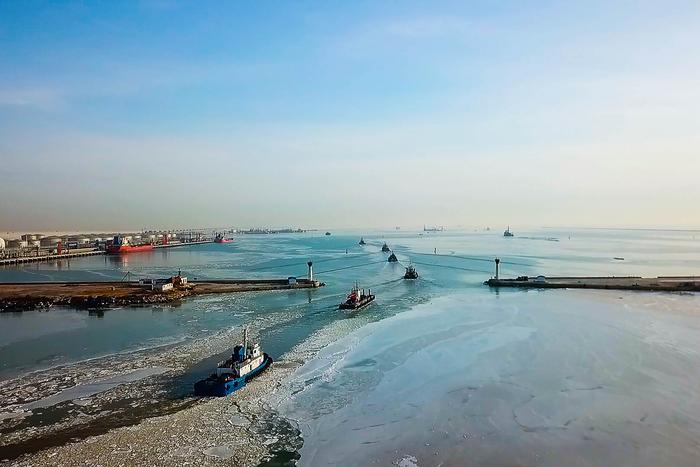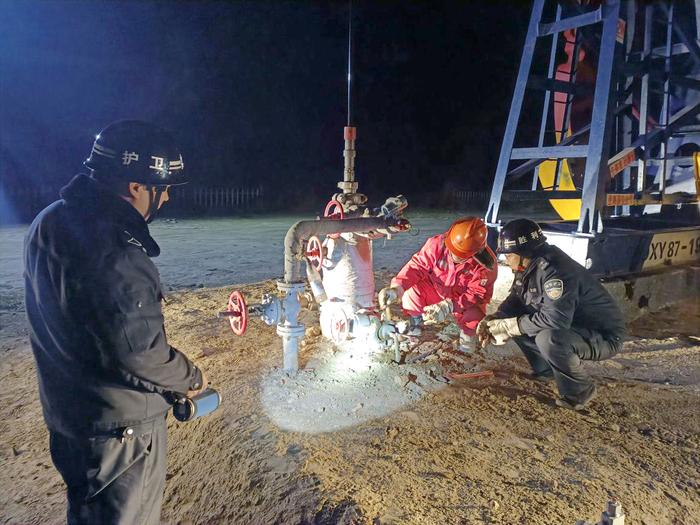|
| 2021-01-14 来源: 中国石化新闻网 |
| 石化新闻 |
中国石化新闻网讯 据能源经济1月11日消息称,继石油之后,印度现在可能建立天然气战略储备,以进一步加强该国的能源安全,并保护自己免受中东和非洲主要能源供应国长期存在的政治风险造成的供应中断和价格频繁波动。 知情人士表示,知情人士表示,在油气价格稳定的全球能源市场,对该国建立战略天然气储备有新的推动作用。这方面的声明最早可能在2021-22年度预算中宣布。 该国已经利用21财年第一季度(4-6月)的低油价填补了现有的战略石油储备,节省了大量资金。政府现在觉得是时候建设类似的天然气基础设施了。 目前,现货LNG价格约为6美元/百万英热单位(mmBtu),虽然略高于去年初,但对于推动战略储备计划仍具有吸引力。 为了建设战略性的天然气储备,该计划是向枯竭的天然气田注入燃料,或在大型盐穴中建设储气库。 这一战略天然气储备计划来自一项官方研究,该研究表明,到2030年,天然气消费量将增长两倍,导致需求与国内生产之间存在巨大差距。这将增加天然气进口,使其更接近石油进口水平。在石油进口水平上,该国必须依赖海外供应,才能满足逾85%的国内消费需求。 目前,国内近一半的天然气消费来自进口。随着政府热衷于建设更清洁的以天然气为基础的经济,消费势必会增加,从而推动液化天然气的进口。 在这方面,国家石油公司枯竭的油气田将在竞争性的基础上提供给感兴趣的天然气市场商,用于战略和商业储存。 朱佳妮 摘译自 油气新闻 原文如下: India now looks to build strategic gas reserve After oil, India may now build strategic reserve of natural gas to further strengthen the country's energy security and shield itself from supply disruptions and frequent price fluctuations coming from perennial political risks in the prime energy supplying countries in the Middle East and Africa. Sources privy to the development said a conductive global energy market where oil and gas prices are stable had given fresh push for building strategic gas reserves in the country. An announcement in this regard may be made as early as in the Budget 2021-22. The country had already taken advantage of low oil prices in the first quarter of FY21 (April-June) to fill its existing strategic oil reserve, making big savings. And the government now feels that it's time for similar infrastructure for gas. Spot LNG prices are currently at around $6 per mmBtu (million British thermal unit), though a little higher than early last year, still attractively priced to push the initiative on strategic reserve. For building strategic gas reserve, the plan is to inject depleted gas fields with fuel or develop storage in large salt caverns. The plan for strategic gas reserve emerges from an official study that suggests that consumption of natural gas would grow two-fold by 2030, resulting in large gap between demand and domestic production. This would increase imports of gas and take them closer to levels of oil imports, where the country has to depend on overseas supplies to meet over 85 per cent of its domestic consumption demand. At present, almost half of the domestic consumption of natural gas is met from imports. With the government keen on building a cleaner gas based economy, consumption is set to rise, pushing up imports of LNG. It is expected that a natural gas reserve would rely more on the private sector to build gas storage capacity. In this regard, depleted oil and gas fields of national oil companies (NoCs) will be offered on competitive basis to interested gas marketeers, both for strategic and commercial storages. |








